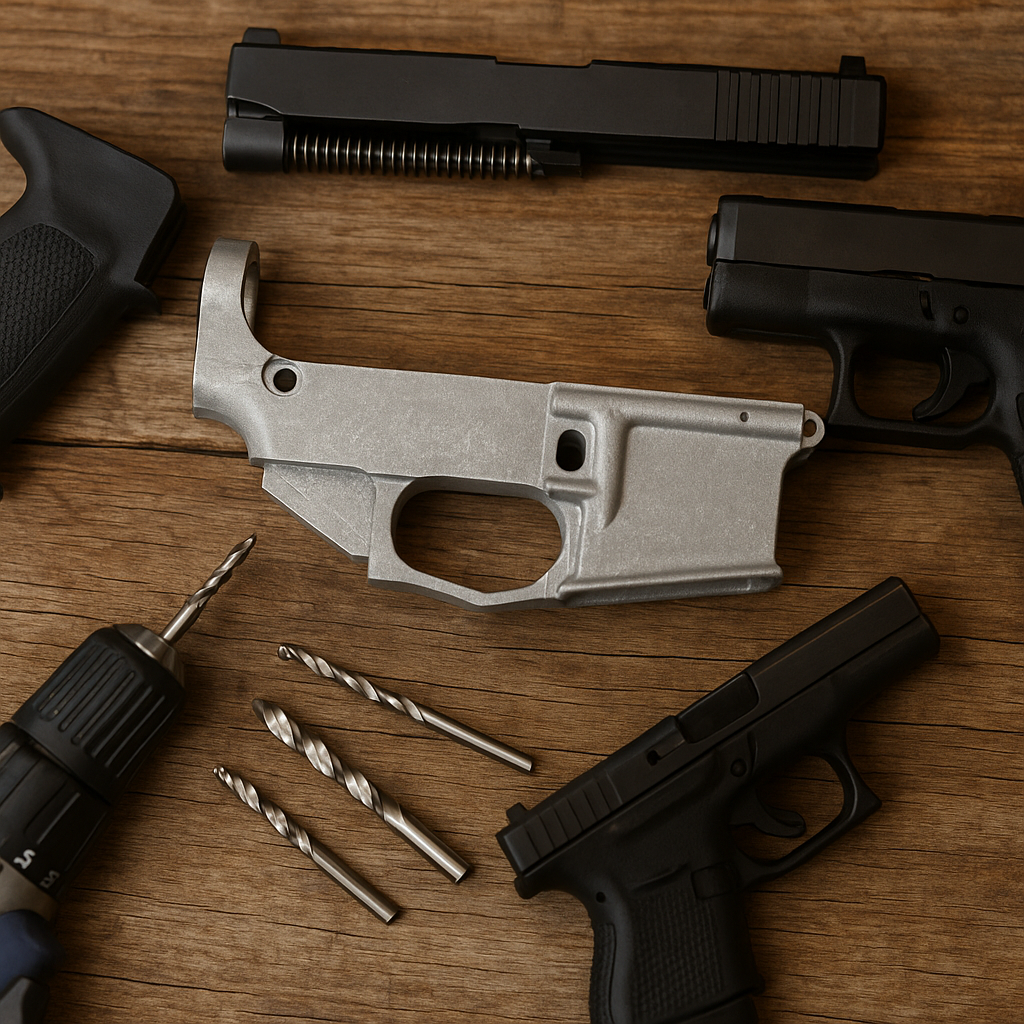New York Sues Ghost Gun Sellers in Landmark Firearm Regulation Case
New York has filed a sweeping lawsuit against several companies accused of selling untraceable “ghost guns,” escalating the fight over firearm regulation and public safety. The lawsuit targets manufacturers and distributors who allegedly shipped parts and kits into the state that can be easily assembled into fully functioning firearms without serial numbers or background checks.
What happens when guns can’t be traced? According to New York’s Attorney General, ghost guns have fueled a wave of violent crime because they leave law enforcement with no way to track the weapons used. The lawsuit alleges these companies violated state law by selling products designed to circumvent existing firearm regulations. Prosecutors argue that the defendants knowingly profited from a dangerous market, even after being warned that their products were illegal in New York.
The complaint details instances where ghost guns were recovered at crime scenes, often connected to gang violence or other serious offenses. Unlike traditional firearms, these weapons can be purchased online and built at home with little effort, making them especially appealing to people barred from owning guns. The lawsuit claims this business model isn’t an accident — it’s the point.
Can the state hold these sellers accountable? That’s the central question. Federal law has long regulated the sale of completed firearms, but the legal framework hasn’t fully caught up with the rise of gun kits. New York’s lawsuit argues that ghost gun sellers are deliberately exploiting loopholes in federal oversight while ignoring state-level bans. If the court agrees, it could reshape how online firearm parts are marketed and sold nationwide.
The companies named in the lawsuit are expected to fight back. They will likely argue that their products are legal gun parts, not firearms, and that customers are responsible for following the law. Some industry groups also claim that banning kits infringes on the Second Amendment. But New York’s Attorney General says the state has clear authority to stop businesses from flooding the market with untraceable weapons that threaten public safety.
Why does this case matter beyond New York? Ghost guns have become a national issue. Law enforcement agencies in multiple states report sharp increases in these unregistered weapons, which are almost impossible to trace when recovered. If New York wins, it could set a precedent for other states to sue ghost gun sellers and tighten regulations on firearm kits.
And what about the average citizen? This lawsuit isn’t just about crime statistics. It’s about whether communities should be protected from weapons designed to evade accountability. Ghost guns make investigations harder, prosecutions tougher, and neighborhoods less safe. The question is whether courts will allow this growing market to continue unchecked.
New York’s lawsuit could mark a turning point. By challenging the companies at the heart of the ghost gun industry, the state hopes to close a dangerous loophole — and send a message that untraceable weapons won’t be tolerated.


